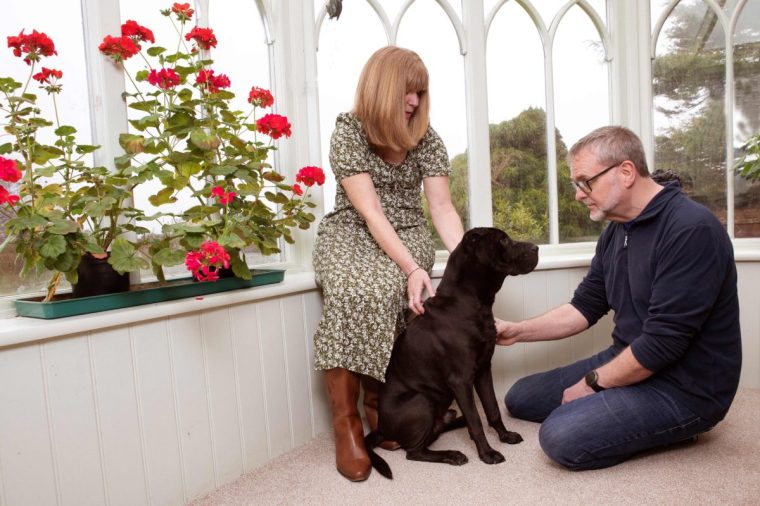**How We Retired Almost a Decade Early—Without Waiting for the Pension**
When Donna and Frank Mountain decided to retire early , they knew it wasn’t a decision to be taken lightly.
But with careful financial planning, modest day-to-day spending, and a surprising side gig, the couple from North Yorkshire have carved out a comfortable and fulfilling retirement – several years before the state pension age .
Donna, now 58, stopped working at 55. Her husband Frank, 60, retired at 57 so they could start their next chapter together.
Speaking to The i Paper, Donna said: “We were fortunate to be able to afford early retirement due to my husband’s Ministry of Defence pension, along with our local authority pensions and savings . We wanted to stop working and enjoy ourselves.”
The couple, who have two daughters and three grandchildren, both worked in the public sector.
Frank served over 22 years in the RAF before becoming a sit manager at a special needs school, where Donna worked as a secretary and later a teaching assistant.
Thanks to their public sector careers, they now receive income from Frank’s Ministry of Defence pension and smaller local authority pensions, along with returns from their savings .
Public sector pensions pay a guaranteed income each year for life, unlike private sector pensions, which generally require savers to manage a pot of money and ensure it lasts through their retirement.
People generally take public sector pensions at 60 or late, but you can sometimes take them earlier and receive a reduced income.
Donna said: “Leading up to retirement we saved approximately £1,000 a month.”
Their disciplined approach to saving allowed them to pay off their mortgage before leaving work.
Now, with essential monthly outgoings of around £1,000 – including bills, council tax, food, their car lease, phones and insurance – they carefully monitor their spending.
Donna added: “We use an app to log all our expenditure and make sure we don’t exceed our income. The rest of our money is spent on enjoying ourselves and/or saving.”
According to the Pensions and Lifetime Savings Association (PLSA), a couple in the UK needs around £43,900 a year for a moderate retirement lifestyle, which includes some holidays and meals out, while £60,600 supports a more comfortable retirement.
Read Next: How much a stealth-tax extension could cost you – depending on your salary
With mortgage-free living and some side income, the Mountains say they’ve found a balance that works for them.
She said: “We didn’t have to make any major lifestyle changes, maybe a few less foreign holidays and less expensive meals out. We’re just aware we have limited income.”
To supplement their pensions and savings, the couple also picked up the flexible retirement side hustle of house sitting.
They work part time for company Homesitters, which places retired or semi-retired individuals in clients’ homes while the owners are away.
Donna explained: “Working for Homesitters has benefited out comfortable retirement.
“On average, we earn £2,000 per year from this. This amount varies with how many assignments we undertake though.
“We began doing this after my parents had worked for the company when they retired and decided it would suit us.”

They typically do about eight assignments a year, she said, which fit easily around family visits and holidays.
There are other perks too, like a food allowance during assignments, which means they spend very little on groceries. And because they’re staying in someone else’s home, their own utility bills are vastly reduced.
The assignments often take them to new parts of the country, giving them the chance to explore on a modest budget.
She said: “We enjoy sightseeing when we’re in a new area – it gives us the opportunity to travel more affordably.”
Their approach highlights the growing trend of retirees using flexible, low-stress side jobs to top up their income and maintain independence.
For many, particularly those who retire early, bridging the gap until the state pension kicks in is a key concern.
Currently, the UK state pension age is 66, rising to 67 between 2026 and 2028, and likely to increase again in future decades. The full new state pension is worth £230.25 a week, which equates to £11,973 a year.
For now, the Mountains don’t rely on the state pension but see it as a future safety net.
Donna said: “We are confident that our financial planning will ensure our pension will sustain us for the rest of our retirement. When we begin to draw our state pension, we will be even more secure.”
Comments
Post a Comment